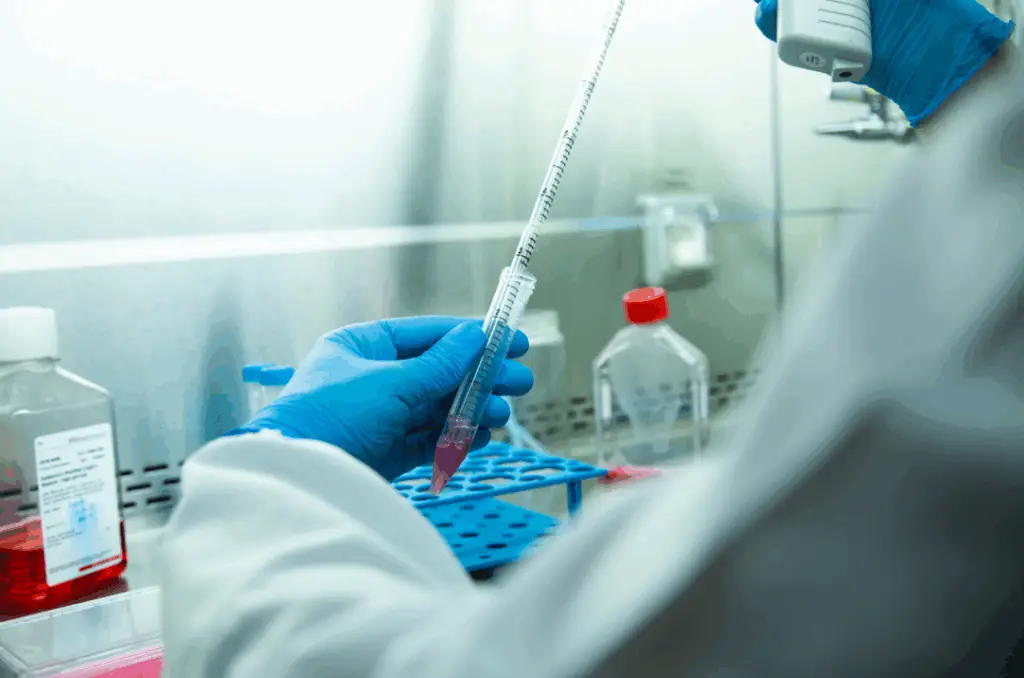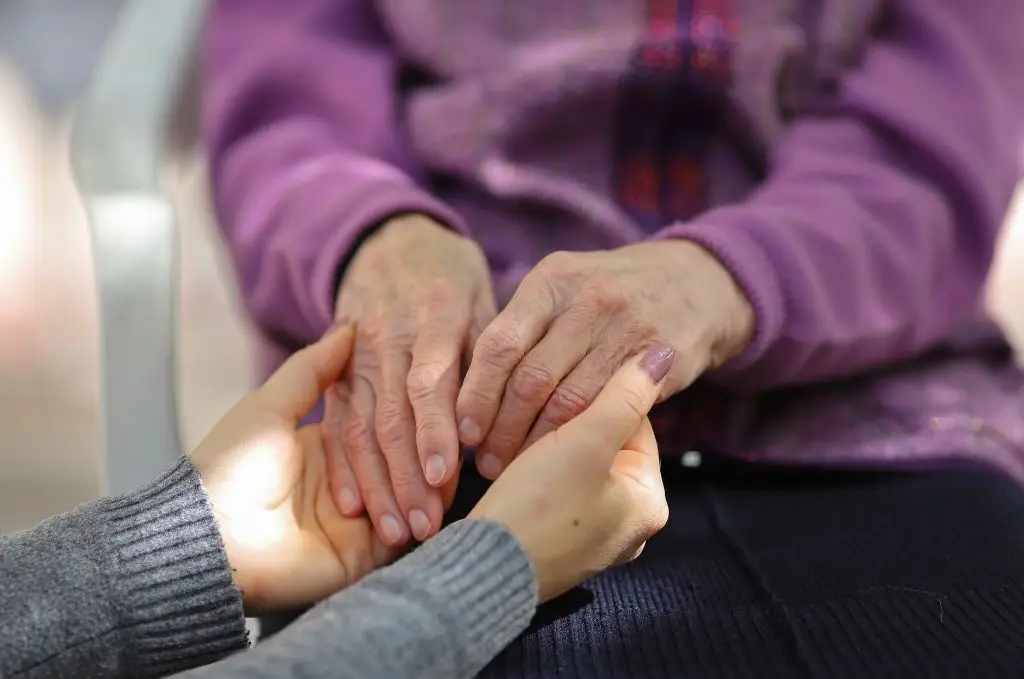Recovering from pancreatic cancer is a journey filled with emotional highs, physical lows, and everything in between. It’s a deeply personal process that often doesn’t follow a straight path. There are days of hope and improvement, and days when fatigue, fear, or frustration take over. While every patient’s experience is unique, certain strategies can help you cope more effectively with the ups and downs of recovery. This guide offers support and practical advice for patients and caregivers as they move through the challenging journey of healing.
Understanding the Recovery Journey
Recovery doesn’t look the same for everyone. For many pancreatic cancer survivors, healing after treatment involves more than just physical recovery, it’s about rebuilding your energy, mental well-being, and confidence. After surgery or chemotherapy, the body may feel weak, digestion may be affected, and simple tasks can feel overwhelming. It’s important to remember that this phase is temporary. While the progress may be slow, every step forward matters.
Setbacks can be discouraging, but they’re also normal. It’s okay to feel frustrated or afraid. Rather than expecting a perfect recovery, give yourself permission to heal at your own pace. Track your progress by reflecting on how far you’ve come rather than how far you still have to go.
Managing Physical Side Effects
Your body needs time to recover after treatment. Nutrition and hydration are key to restoring your strength. Eating small, nutrient-rich meals throughout the day can help support your digestive system, which may be more sensitive post-treatment. If you’re struggling with nutrient absorption, your care team may recommend digestive enzymes to help your body process food more effectively.
Incorporating light movement into your daily routine, such as short walks or gentle stretching, can improve circulation and boost energy. It’s important to find a balance between resting and staying active, as gentle movement supports both your physical and mental well-being.
Hydration is equally important. Water aids in healing and helps manage symptoms like fatigue and nausea. Keep a water bottle nearby and sip regularly throughout the day to stay hydrated, which can also reduce nausea. If digestion is an issue, your doctor may suggest digestive enzymes to help your body absorb nutrients more effectively.
Regular check-ups with your doctor are crucial to monitor your recovery progress and adjust treatments as needed to ensure the best outcomes.
Navigating Emotional Ups and Downs
Emotional recovery often takes longer than physical healing. After treatment ends, many survivors feel a mix of relief, anxiety, sadness, and uncertainty. It’s completely normal to feel afraid of recurrence or to grieve the life you had before cancer.
You might also feel isolated or misunderstood. That’s why emotional support is essential. Talking to a therapist, counselor, or support group can make a significant difference. You don’t have to carry the weight of recovery alone.
Journaling is another helpful tool. Writing down your thoughts allows you to process emotions and track patterns in your recovery. Mindfulness practices like meditation or breathing exercises can help ground you during anxious moments. Even on difficult days, remember that emotional healing is part of the recovery, not a separate journey.
Staying Connected to Support
Your support network is an important part of your recovery. Whether it’s family, friends, or caregivers, the people around you can offer emotional reassurance and practical help. Let them, it’s okay to ask for assistance or to admit when you’re having a tough day.
Support groups, whether in-person or virtual, can provide a powerful sense of community. Connecting with other survivors who understand what you’re going through can bring comfort, hope, and valuable insights. Caregivers should also seek support, as they too face emotional and physical challenges.
Open communication is key. Let your loved ones know how they can help, and express your needs clearly. Sometimes, just having someone sit with you or listen can make a huge difference.
Finding Purpose and Routine Again
As your body heals, it’s natural to want to regain a sense of control and purpose. Rebuilding routines can help you feel more grounded and optimistic. Start small. Set simple goals, like making your bed, taking a walk, or preparing a meal. These acts of daily living are powerful milestones in recovery.
Hobbies, creative outlets, and even new interests can provide positive distractions and a renewed sense of identity. You may not be able to do everything you once could, but you can find new ways to experience joy and fulfillment.
Re-establishing structure in your day, such as regular wake-up times or planned activities, can restore confidence and give you something to look forward to. Routine doesn’t just support physical recovery, it also significantly impacts emotional well-being.
Tracking Progress Without Pressure
It’s easy to feel overwhelmed by the slow pace of recovery. That’s why it’s important to measure progress in realistic, compassionate ways. Instead of focusing only on what hasn’t improved, keep track of what has.
Consider using a journal or app to record symptoms, energy levels, and small victories. You might notice that you’re sleeping better, walking farther, or eating more consistently than a few weeks ago. Celebrate these moments.
Be mindful not to compare your journey with others. Every recovery is unique. If you have a bad day or experience a setback, that doesn’t erase your progress. Growth includes rest, and healing is not a linear path.
Knowing When to Ask for Help
There’s strength in recognizing when you need additional support. If you’re feeling consistently overwhelmed, anxious, or depressed, it may be time to speak with a healthcare professional. Warning signs can include ongoing sleep trouble, loss of appetite, or emotional numbness.
Mental health care is an important part of cancer recovery. There are therapists, social workers, and cancer-specific counselors trained to support your unique needs. Don’t hesitate to seek them out.
Your medical team can help adjust medications or recommend physical therapy if your symptoms are impacting your daily life. Being honest about your struggles allows your care providers to offer better, more personalized support.
The path to recovery from pancreatic cancer is rarely straightforward. It’s a mix of triumphs and setbacks, strength and vulnerability. But through each high and low, healing is happening. Be gentle with yourself. Allow space for rest, reflection, and growth.
You don’t have to go through this journey alone. With the right support, emotional, physical, and practical, you can move forward, one step at a time. And remember, every day you show up for yourself is a victory.
At TrovaNOW, we’re focused on finding a cure for pancreatic cancer. Every test and discovery brings us closer to better treatments and saving lives. Join us and learn more at TrovaNOW.





